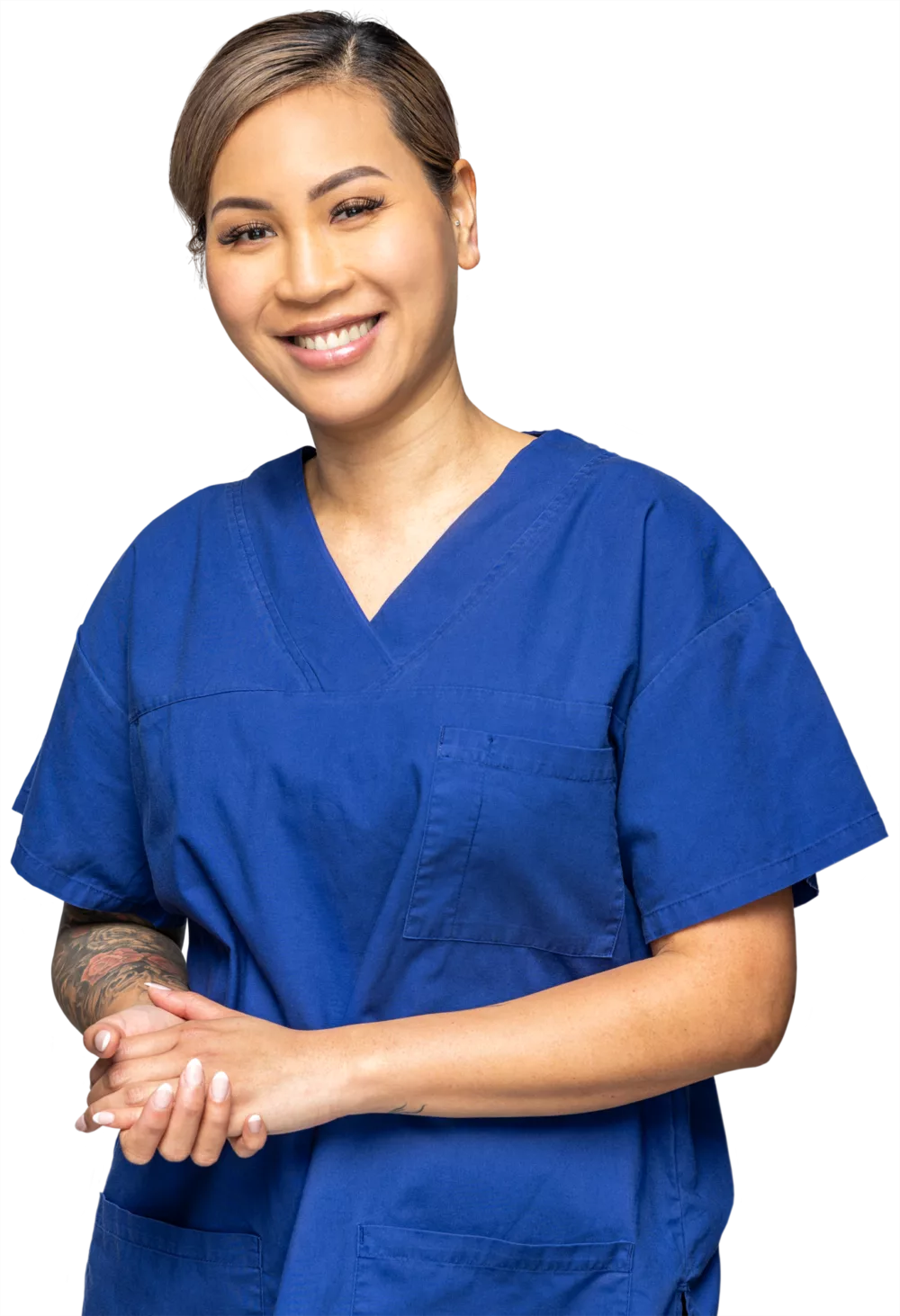When do I need ECART approval?
Approval from the Ethics Committee on Assisted Reproductive Technology (ECART) is required prior to treatment involving:
- surrogacy;
- donor eggs when used in conjunction with donor sperm;
- donor embryos; and
- donations between certain family members.
All applications to ECART committee incur an application fee. The current fees may be found here.
The fee covers the costs to prepare reports, compile documents, submit the application, provide counselling and guide participants through the process. If treatment is publicly funded, the Ministry of Health does not cover the ECART fee.
About the process:
- Donors and surrogates are required to have a medical assessment with one of our fertility doctors;
- Intending parents and surrogates are sometimes required to have additional medical assessments which are not included in the ECART application fee. Your counsellor or fertility doctor will advise what, if any, additional assessments might be required;
- Each party to the ECART application is required to attend one or two counselling sessions. The cost of these counselling sessions is included in your ECART application or donor or surrogacy addition fees;
- The ECART application fee is charged at the first counselling consultation;
- The ECART committee only meets 6-7 times a year, therefore the application process may take 4-6 months.
The law also requires that treatment involving surrogacy requires each party to obtain independent legal advice. There are some lawyers who specialise in this field. The cost of legal advice is not included in the fees charged by Fertility Associates.
Please speak to your local Fertility Associates counsellor if you have any questions regarding your unique situation.




